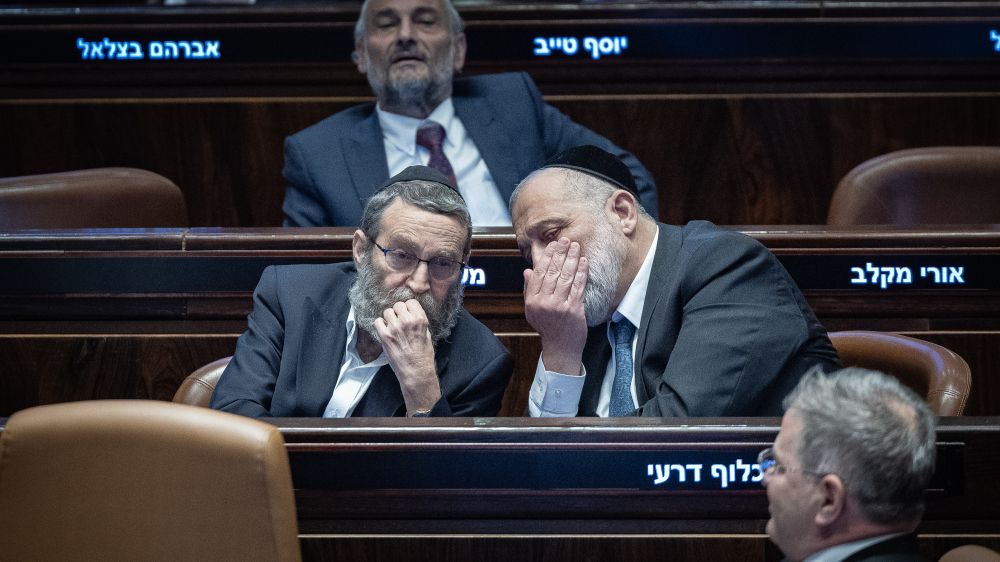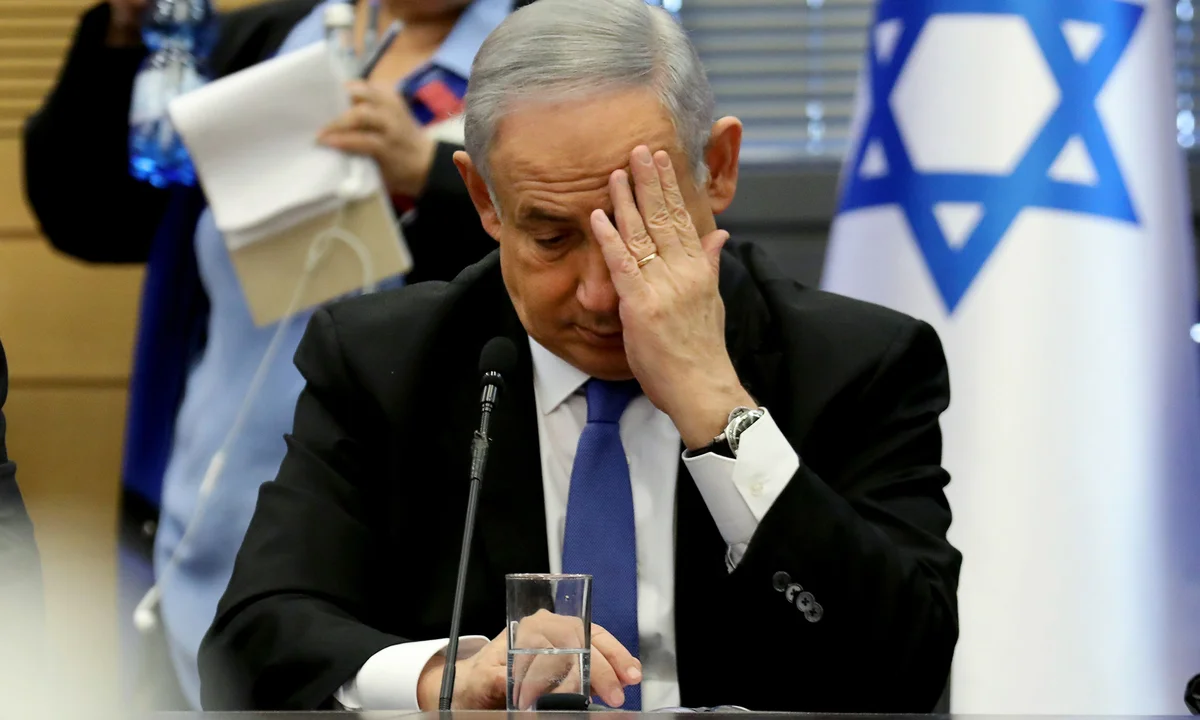Isreali Prime Minister Benjamin Netanyahu lost his parliamentary majority on Wednesday. The ultra-Orthodox Shas party withdrew from the coalition government. The split came amid disagreements over military draft exemptions for ultra-Orthodox men. In this Israel allows many to avoid compulsory service to study religion full-time. This issue has long been contentious in Israeli politics.
The Shas party announced its decision after talks with Netanyahu’s team failed. Shas leaders demanded broad exemptions from compulsory military service. The government was pushing legislation to reduce these exemptions. The new law aims to increase the number of ultra-Orthodox men serving in the Israel Defense Forces.
Shas said the proposed bill was unacceptable. The party fears the law will harm its community’s way of life. It vowed not to support Netanyahu’s coalition while the bill is debated. Shas is the second ultra-Orthodox party to leave the government this week over the same issue.
The departure leaves Netanyahu’s coalition short of a majority in the 120-seat Knesset. A stable government in Israel requires at least 61 seats. Netanyahu’s current coalition now holds fewer than that number. This minority status makes it harder to pass legislation or govern effectively.

Netanyahu’s future
Netanyahu’s political future is uncertain. He has led several governments in recent years. Each has faced challenges due to coalition instability. Ultra-Orthodox parties have often played a key role in his alliances. These parties wield significant influence despite representing a small part of the population.
The military draft exemption debate is a long-standing conflict. Ultra-Orthodox men have traditionally been exempt from service. This exemption was originally made to allow religious studies to continue uninterrupted. In recent years, pressure has grown to include more ultra-Orthodox citizens in national service.
Public opinion on this issue is divided. Some Israelis support greater draft equality across all groups. Others see exemptions as vital to preserving religious freedoms. The debate often sparks protests and political standoffs. It remains one of Israel’s most sensitive social issues.
The government has tried to find a compromise. Previous attempts at legislation have failed or been blocked in court. Netanyahu’s current plan faces resistance from coalition partners. Some fear losing key support if they back the draft reform.
Shas said it will not actively try to collapse the government. However, it will not rejoin the coalition while the bill moves forward. This position creates a fragile situation for Netanyahu. He must now seek allies outside the coalition to pass critical laws.
Opposition parties welcomed Shas’s departure. They see it as evidence of Netanyahu’s weakening power. Some opposition leaders called for new elections. They argue that the current government cannot govern effectively.
Israel’s political turmoil:
The coalition crisis comes at a sensitive time. Israel faces numerous challenges, including security threats and economic concerns. A stable government is essential for addressing these issues. Political instability could hinder decision-making on key matters.
The next few weeks will be critical. Negotiations may continue to try to restore a majority. Alternatively, Netanyahu may prepare for a parliamentary vote. The outcome will shape Israel’s political landscape for months ahead.








